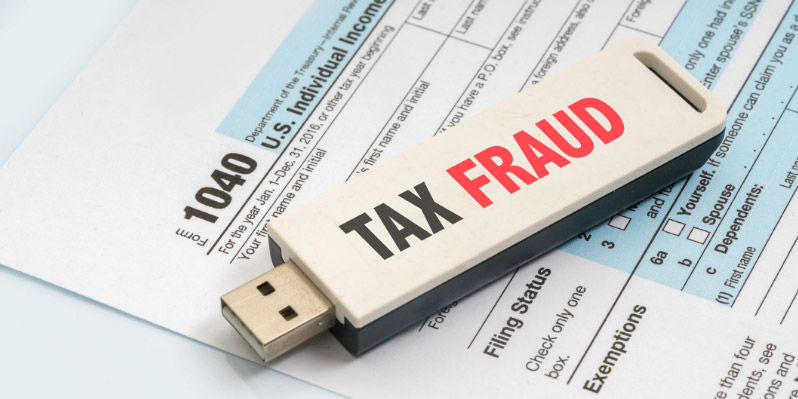Unlisted securities may be traded on the over-the-counter (OTC) market, and these unlisted assets are sometimes referred to as OTC securities. The intermediaries enabling unlisted securities to buy and sold.
Understanding Unlisted Security
Unlisted securities are often issued by companies that are either too small or too new to meet the standards of an official exchange, such as market capitalization limitations or listing costs. Alternatively, these companies may choose not to comply with these rules. In addition, since they are not traded on an exchange, unlisted securities often have a lower level of liquidity than listed securities. Pink sheets and the Over-the-Counter Bulletin Board are two methods that may be used to monitor unlisted shares (OTCBB).
To be listed on an exchange, security must first satisfy several standards. For a publicly traded stock to be listed on the New York Stock Exchange (NYSE), the firm it represents must have a market capitalization or yearly income higher than the minimum requirement. Additionally, the firm must be able to pay the listing cost required by the exchange and have already distributed a certain quantity of its shares. Because of these criteria, only the most reputable businesses are allowed to participate in trading on exchanges. Therefore, unlisted securities could have a lesser quality, making them a riskier investment option for customers.
Financial Instruments
The most well-known example of unlisted security is common stock, which is often traded on the pink sheets or the OTCBB. Penny stocks are included in this category. These stocks trade at very low prices and are issued by genuine foreign corporations, some of which choose not to file filings with the Securities and Exchange Commission (SEC).

Risks Investors Should Know
When purchasing unlisted assets, you should be aware that the typical dangers connected with investing are amplified. Because size and other restrictions for firms are lowered or deleted, there is a possibility that some unlisted companies will have insufficient money, will have very hazardous business strategies, and will be nothing more than a concept without a strategy for their implementation. These companies may not be on anyone's radar right now, but in the not-too-distant future, they could be able to generate revenue and development opportunities.
Counterparty risk is associated with other unlisted transactions and issues over liquidity and connectivity hazards. This might include one party breaking the terms of the contract. The reputation of the dealers and counterparties to fulfill all of the obligations associated with the transactions. These obligations include the delivery of securities and the payment of necessary monies. Investing in unlisted securities may be done in a variety of different ways. The following is a list of tools you might use to invest in unlisted securities.
Intermediaries and Start-Ups
A company in the pre-IPO stage is not yet listed on any stock exchanges but intends to do so shortly. Even though the transaction is off-record and the exchange is not engaged, it is still possible for you to participate in pre-IPO companies since the shares will be sent directly to your Demat account. You might also consider investing in unlisted start-up companies that have the potential to double their current size in the not-too-distant future. These companies may not be on anyone's radar right now, but in the not-too-distant future, they could be able to generate revenue and development opportunities.
Intermediaries and Start-Ups
Suppose you wish to invest a significant amount of money in the business. In that case, you should consult a professional wealth manager, investment bank, or broker to learn how to estimate the price of the company's shares even if the company is not publicly traded. These companies may not be on anyone's radar right now, but in the not-too-distant future, they could be able to generate revenue and development opportunities. They will also offer you a list of unlisted businesses in India and aid you in establishing direct contact with the company's owners. The term for these kinds of purchases is "private placements."

Invest in PMS and AIF Schemes
The portfolio manager is continually making adjustments to the portfolio's weight and composition depending on market changes to maximize the net returns that the investors get. You may earn a return on your investment in unlisted stocks by participating in PMS programs in India. Therefore, unlisted securities could have a lesser quality, making them a riskier investment option for customers. These PMS programs include unlisted shares in their investment strategy. Unlisted securities are often issued by companies that are either too small or too new to meet the standards of an official exchange, such as market capitalization limitations or listing costs.



